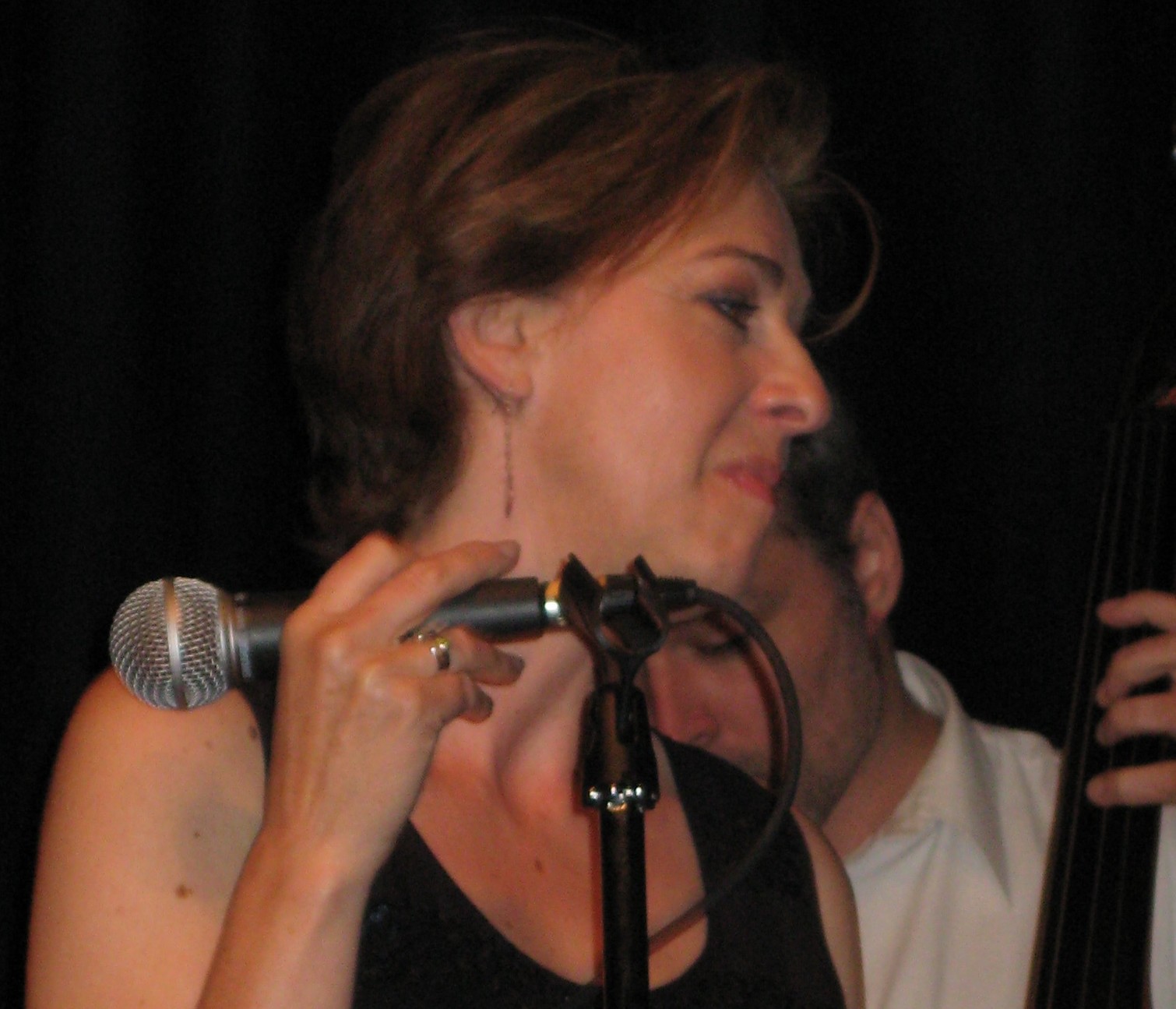In late 2007, I was diagnosed with depression. I had some trouble accepting the diagnosis, because the way I saw it, with everything that was going on in my life at that time, I would be crazy not to be bummed out and upset by it. But the diagnostic questionnaires they give you to determine such things indicated that I was depressed in a major, clinically relevant way. I felt completely burnt out.
Just what I needed. First, Type 1 Diabetes, and now this. It really felt like more than I could deal with. I was having trouble keeping my blood sugars under control because of some highly stressful events that had been going on for more than a year, and this felt like a kick in the head when I was already on the ground.
My GP benched me. By that I mean that she strongly recommended that I take at least three, probably six months off work and focus on taking care of myself, both physically and mentally. I was in the kind of job where there was no one to cover for me if I took a leave – they would have to replace me if I was gone for more than a couple of weeks. I felt indispensable and overwhelmed at the same time. I had not yet learned that no one is indispensable, and that I could not keep putting everyone else’s needs ahead of my own, both at work and at home.
So I made a very difficult call to my boss and explained the situation to him. He was supportive, but to me, it felt like I was a failure. I had worked so hard since my diagnosis at age 14 to keep T1D from interfering with my life and my ability to function at a high level professionally was a cornerstone of my identity. This was an admission that I was not ‘normal’ – my diabetes was pulling me down and this diagnosis of depression threatened to pull me right under. I was weak and I hated being weak. I needed help and I hated needing help. Suddenly, I was a sick person instead of a highly efficient, multi-tasking super-mom career woman.
I spent a week or so downloading tasks, projects and information to the team that I had built at my job. I had 5 people reporting to me and I felt that I was letting them down by pushing everything off my plate onto theirs and disappearing for an extended period. They were supportive and concerned, and sounded a little fearful when I spoke with them. Would I be okay? I honestly didn’t know, but I tried to reassure them.
The first few weeks of my medical leave were the worst. I felt empty and exhausted. I cried a lot. Felt useless. Felt sorry for myself. Hated my weakness at feeling sorry for myself. I got out of bed only to go to medical and therapy appointments. I withdrew from my friends and family. My dog, a 10-month old Siberian Husky, was the only one who could get me out of the house for non-medical trips. His joie de vivre was irresistible, and he needed exercise. I was the only one home during the day, and so he decided that we would go out for regular walks.
A few months before all of this, I had joined a jam session club that got together on Friday nights to play and sing rock and pop songs from the 60’s to the 90’s – the soundtrack of my youth. I had been a singer in my teens and early twenties, performing with garage bands and then pick-up bands at university and law school, but had given up music to become practical and successful. With a busy career and then a family, I didn’t have time to be in bands anymore. Then I found this group that welcomed me to come out and just sing whenever I could, no public performances, no audiences, just a bunch of musicians with day jobs playing together for fun.
Of all the things I missed when I took my med leave, I found I missed this the most. So I got out of bed Friday afternoons, showered, dressed, and headed out to a jam session. This was a big part of what healed me. Music. Community. Collaboration. Art.
Apparently, the medical community is beginning to agree with me:
( © Lynda Covello, 2015. All rights reserved. )

